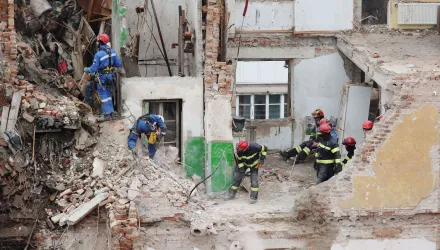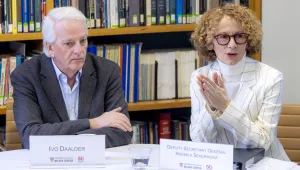
The war in Ukraine impacts regions around the world. Belfer Center experts reflect on how the conflict is affecting the countries and regions they study.
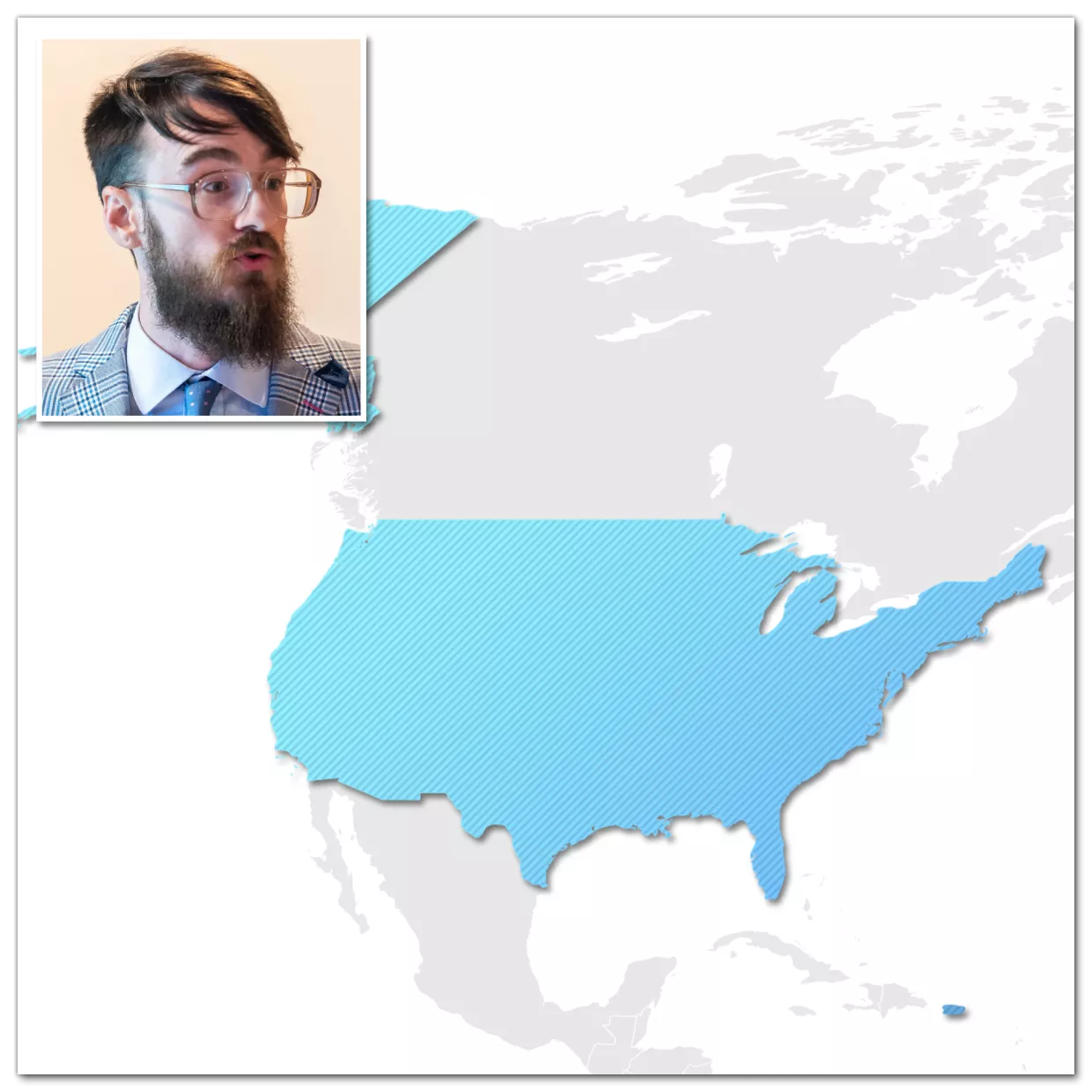
United States
Russia’s war on Ukraine has troubling implications for the United States. I would highlight just two. They point to conflicting pressures that will likely shape debates on nuclear weapons for years to come.
First, Kyiv gave up the nuclear arsenal it inherited from the Soviet Union in exchange for US, UK, and Russian security assurances. It was then invaded by a state that promised it protection. This isn’t lost on US allies in Europe and Asia. Some notable politicians, including South Korean President Yoon Suk-yeol, have even begun flirting with the idea of building the bomb. Washington will need to re-double nonproliferation efforts and ensure allies of the ironclad nature of its security guarantees.
Second, Russian President Vladimir Putin’s nuclear threats are a reminder of the dangers of a global nuclear order premised on deterrence. Frightened Americans and allied publics are re-awakening to nuclear dynamics reminiscent of the Cold War. But the truth is there are ~12,700 nuclear arms in today’s world, 90% owned by the United States and Russia. In the age of nuclear deterrence, nearly every major US, NATO, and Russian city is always under 30 minutes from destruction with nuclear-tipped ballistic missiles. Open scholarly, public, and policy discussions about what it would take to move beyond nuclear deterrence are long overdue.
Stephen Herzog
Associate, Project on Managing the Atom

Africa
While Russia’s contravention of international norms may have reinvigorated the importance of grand strategic alliances and talk of a new Cold War, this would be an outdated lens to apply in Africa. With some notable exceptions, African countries have largely been reluctant to take sides over Russia’s invasion. The starting point for understanding the situation is recognizing that each country has its own complex set of interests and foreign policy priorities, and Africa is not a monolithic voting bloc on all issues, even though it acts in concert on some. Many countries in Africa have longstanding security or trade ties with Russia, such as South Africa, Sudan, or Uganda. Moreover, most African countries probably seek to diversify their foreign partners to maximize options to meet their own national interests. South Africa, for example, abstained from a UN vote to condemn Russia’s invasion and participated in joint military exercises with Russia and China in mid-February 2023, but it also remains the largest US trade partner in Africa and is part of the Just Energy Transition Partnership with the US and other European partners. From a U.S. foreign policy perspective, today’s reality reinforces the need to think pragmatically about how to engage partners on the continent who may also maintain relations with the United States’ strategic competitors.
Natalie Colbert
Executive Director, Belfer Center
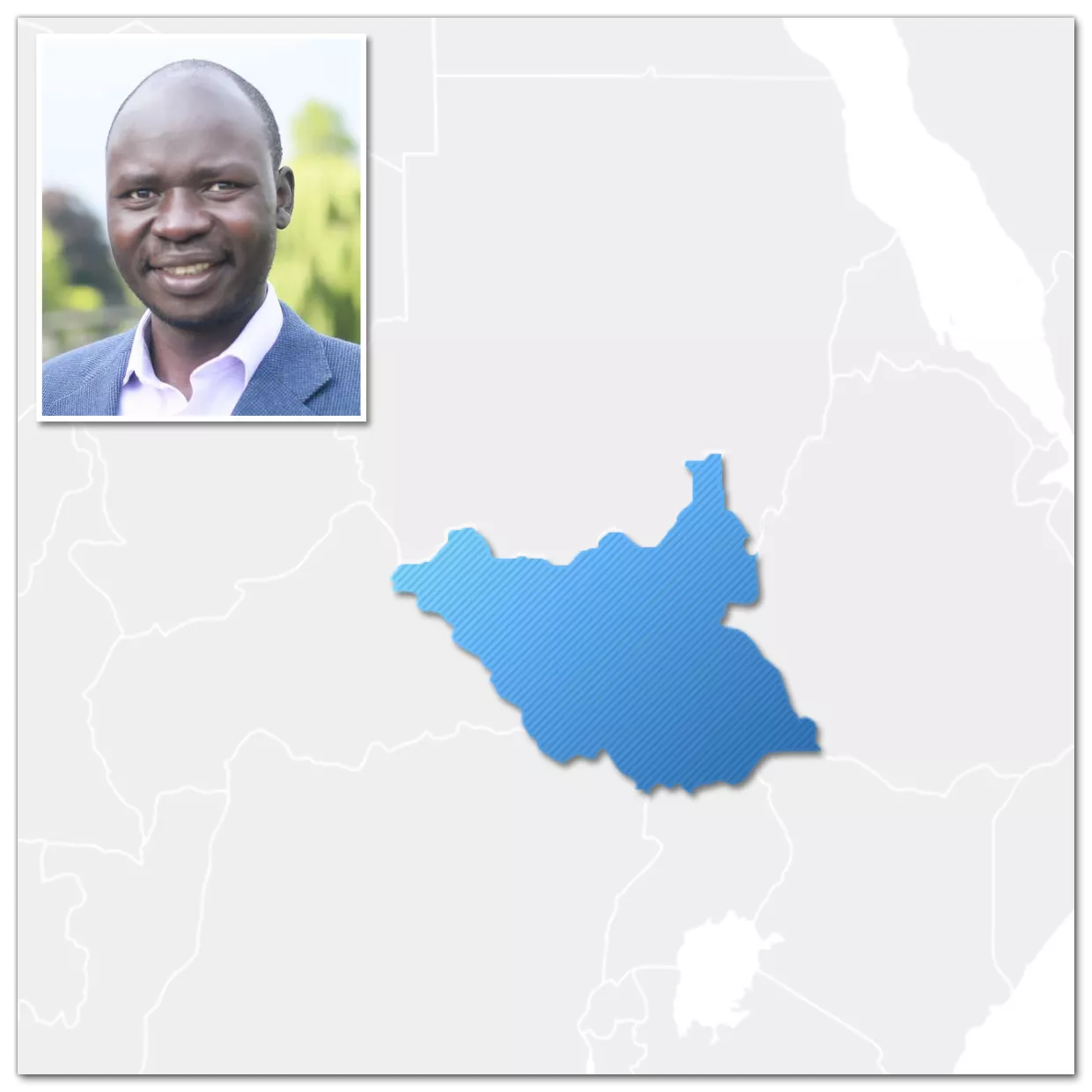
South Sudan
The Russian aggression on Ukraine affected the country in two significant ways. First, the Russian invasion of Ukraine undermined the ability of Ukrainian farmers to grow crops. In addition to this, Russia imposed a naval blockade that prevented Ukraine from selling food products to other countries. These two actions combined reduced the global supply of food items and led to increased prices. The price hike was particularly severe for an import-dependent country like South Sudan, which relies on food imports and humanitarian aid to feed its population. Second, Russian invasion of Ukraine created a large humanitarian catastrophe and displaced millions of people. These people, who used to be self-reliant, became dependent on humanitarian aid at time when major economies, who are often the donors of aid, were already reeling from the effects of COVID-19. This led to a net-reduction in the amount of humanitarian aid available for the rest of the world, including for South Sudan. In the year since the Russian invasion of Ukraine, food prices have incredibly soared in South Sudan, leading to increased hunger and food poverty for a large portion of the population.
Peter Ajak
Postdoctoral Fellow, International Security Program
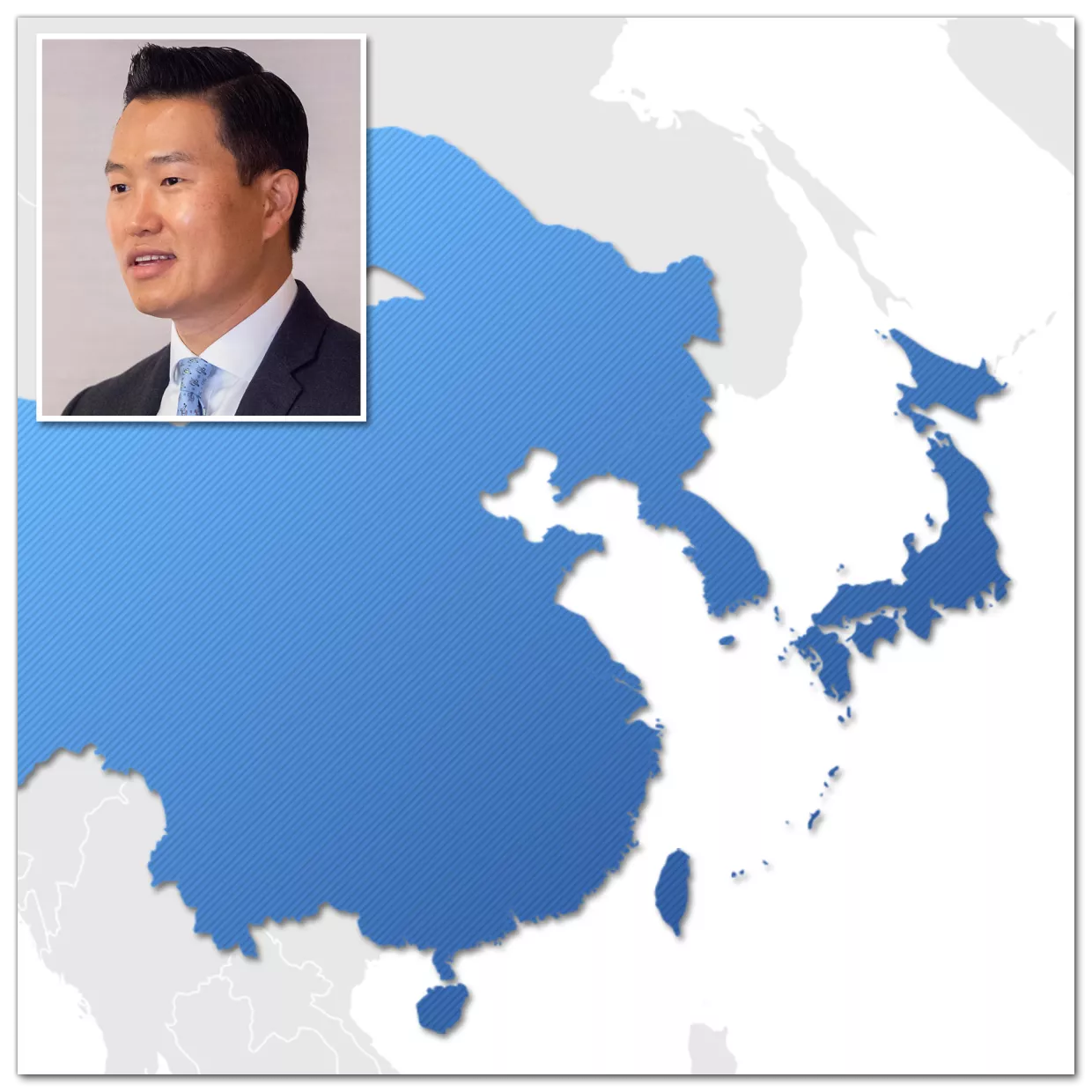
Northeast Asia
The war in Ukraine has led Northeast Asian countries to examine their own security with a sense of urgency for different reasons. In South Korea, there’s a growing scarcity mindset with respect to security. It’s less a question of whether the U.S. remains committed to its security obligations to South Korea as a treaty ally. It’s more an increasing South Korean concern about the U.S. prioritization of capabilities and resources should there be a contingency on the Korean Peninsula amid other pressing global security challenges. In our recent Track 2 dialogue at the Belfer Center, South Korean colleagues expressed concern that the international threat posed by North Korea’s rapidly growing intercontinental ballistic missile program was receiving less attention by Washington. In Japan, the Russian invasion of Ukraine has raised the urgency of signaling a united U.S.-Japan front with respect to deterring China from invading Taiwan. Given the close proximity of Taiwan to Japan’s southern islands, Japanese security concerns are increasingly intertwined with those of Taiwan as the perceived threat of China grows.
John S. Park
Director, Korea Project

Latin America
The Russo-Ukraine War has had significant impacts on Latin America, a region that was already struggling with the consequences of the COVID-19 pandemic. Despite Russia's minimal role in Latin American trade, the region is heavily reliant on Russian energy supplies, wheat, and fertilizer, and the shortage of fertilizers in the past year has led to tripled prices and induced food insecurity worldwide. The pandemic's economic blow to the region coupled with the Russo-Ukraine War has left the most vulnerable consigned ever deeper into poverty, and the regional outlook remains bleak. The weak state of affairs also puts Latin American countries at risk of external powers exploiting their vulnerabilities for economic or political gain. Russia views Latin America as a strategic opportunity to challenge U.S. hegemony, as evidenced by its presence in Cuba, Venezuela, and Nicaragua. Meanwhile, China is taking advantage of the region's weak economies by pursuing predatory infrastructure deals that ultimately lead to debt traps. Russia exports military equipment to many countries in the region, including U.S. partners such as Mexico, Colombia, Ecuador, Brazil, and Peru, and sanctions against Russia have made these nations vulnerable to degrading critical military capabilities. The Russo-Ukraine War and its subsequent economic sanctions have caused extreme hardship for the area's poorest citizens in agrarian communities. The pandemic caused considerable financial distress to many countries in the region, and the war in Ukraine only adds to their woes. As a result, regional governments face a tough decision between maintaining geopolitical alliances, trade dependencies, and international rebuke against Russian aggression.
Guido Torres
National Security Fellow
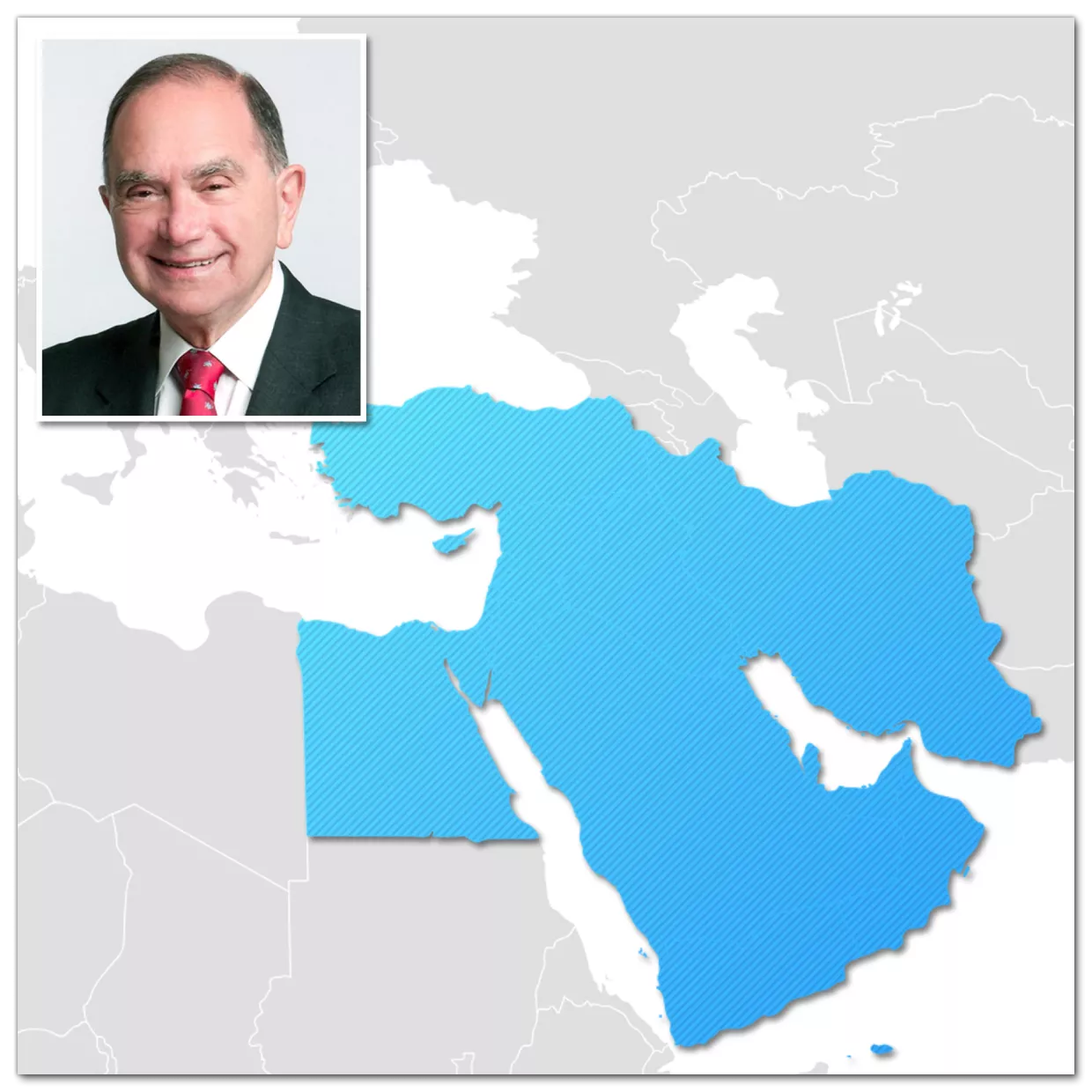
Middle East
The impact of the war in Ukraine has been multifaceted on countries in the Middle East. Globally, The war has underscored Arab and Israeli leaders’ reluctance to get drawn into great power competition by picking sides between the U.S. and Russia. Israel, for example, has its security considerations involving Russian tacit acquiescence in Israeli military strikes against Iranian targets in Syria. Arab leaders like those in the Global South, view the Russia-Ukraine war quite differently than in in the west. President Biden has made clear that the war in Ukraine is a defining geopolitical moment between the forces of democracy and those of authoritarianism. That may very well not be the perception of many of the region’s leaders. We can expect to see a delicate balancing act as the war continues.
Another consequence of the war according to a noted Middle East observer is that it has sharpened the already significant economic divisions between the energy producers in the Middle East and the rest, as the former have reaped the windfall of record oil and gas revenues while the latter have faced the onslaught of high energy and commodity prices, inflationary and cost-of-living pressures, and significant currency depreciations that are becoming increasingly unsustainable. In this context the major supplier role of Russia and Ukraine as grain and fertilizer producers has caused serious concern in Middle East countries as to their ability to meet the basic food (e.g., bread) needs of their populations at reasonable prices. Remittances sent home from workers in the Gulf will be even more significant for countries like Egypt, Jordan, and Lebanon as well as Pakistan than they have been in the past.
Edward P. Djerejian
Senior Fellow, Middle East Initiative
Herzog, Stephen , Natalie Colbert, Peter Ajak , John S. Park, Guido Torres and Edward P. Djerejian. “Global Perspectives on the War in Ukraine.” Belfer Center for Science and International Affairs, Harvard Kennedy School, February 24, 2023













